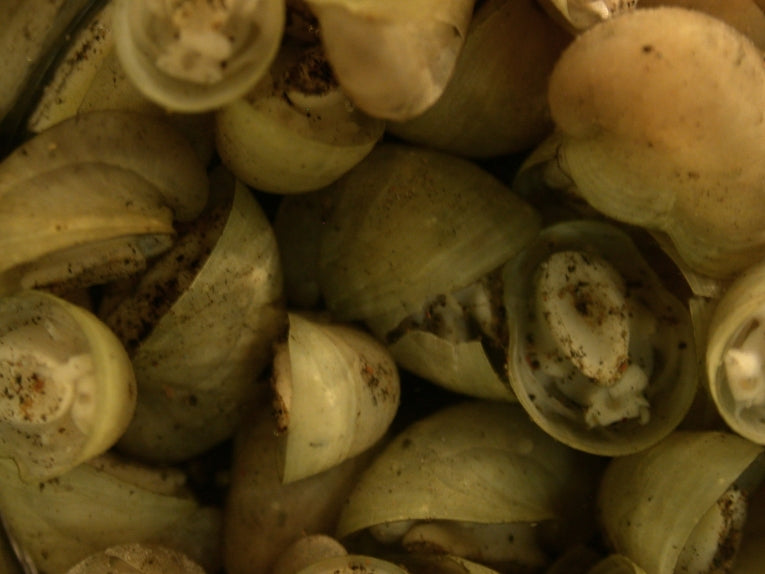Four scientists noticed an anomaly in their faunal records, as they are trained to do, of course. In this case, the beasts (Lepetodrilus gordensis) they had recorded just 36 hours earlier and 635km away, were recorded for the first time at a new vent, far beneath the sea where no colonisation from their relatives could have been possible. Or could it?
The solution was that although animals under such pressure at depth are destroyed at the surface, they do survive long enough to recover if they are quickly taken down again. This is what had happened on the Juan de Fuca and Gorda Ridges, west of Washington State, US.
As the two ridges are completely isolated by a 450km fault, there was no link between the unique hydrothermal vents , at around 2,200m and 2,700m depth. The problem facing the authors from University of Tasmania, Ohio State University Washington State University and the Field Museum of Natural History was how to prove they had come from Gorda Ridge, when they were collected from the second site at Juan de Fuca!
Janet R. Voight, Raymond. W.Lee, Abigail J.Reft and Amanda E. Bates decided to test everything, perhaps in the forlorn hope that something new could be discovered. But no. The isotope signatures matched, the DNA matched, the proportion of females matched and the shell lengths were matching, making them look identical.
All 38 specimens of L. gordensis were from Gorda Ridge and had contaminated the suction tubes in the apparatus used to sample the great depths. Not only had they found the surface non-lethal, they had survived the immense pressure change back to the 2,200 m level. Now the authors have found that at least 3 genera of these specialist gastropods can survive in aquaria and then tolerate their return to the deep sea, with a high rate of survival. (Well, nobody's perfect!)
After their mistake, Janet Voight et al have found out that vent crabs can even be reared from their zooea larvae in sea-level aquaria, without problems.
Bacteria of course would be the first suspects to survive such drastic change, and they do, too. Humans have failed to control inadvertent dispersals around the earth. Coastal environments in most countries now have many parasites and pathogens against which native species have no defence. Even in these vents, there are Rickettsia bacteria and parasitic copepods that cause immense damage to their normal hosts.
No effort should be spared to make sure scientific crews and even more leisurely-motivated sub-sea vehicles adopt a cleanlier than thou approach to these organisms, otherwise we have the tropical forest situation where the creature is found, then found to be already extinct. Standard procedure has hopefully already been replaced everywhere by procedures including sterilisation and drying. If marine reserves are contaminated, tragic consequences could befall their inhabitants, and especially these unique communities of the outer space within the ocean space.
I'm very sorry, but the moral must be, "If you go down to the Ridge today, you could be in for a big surprise."










